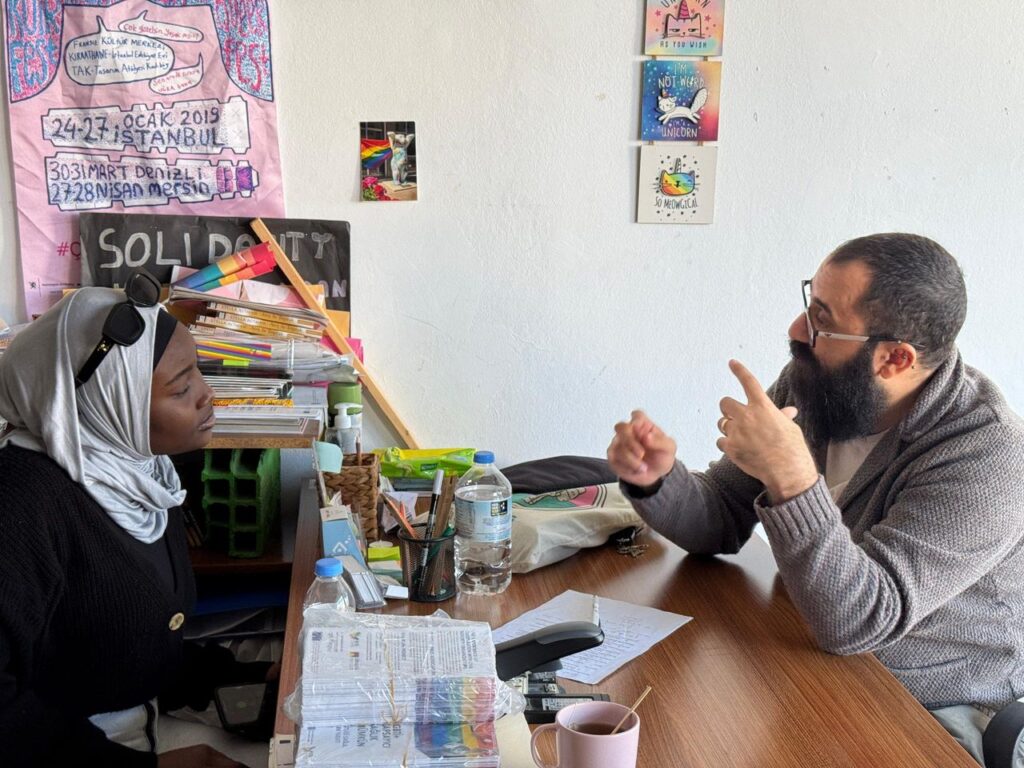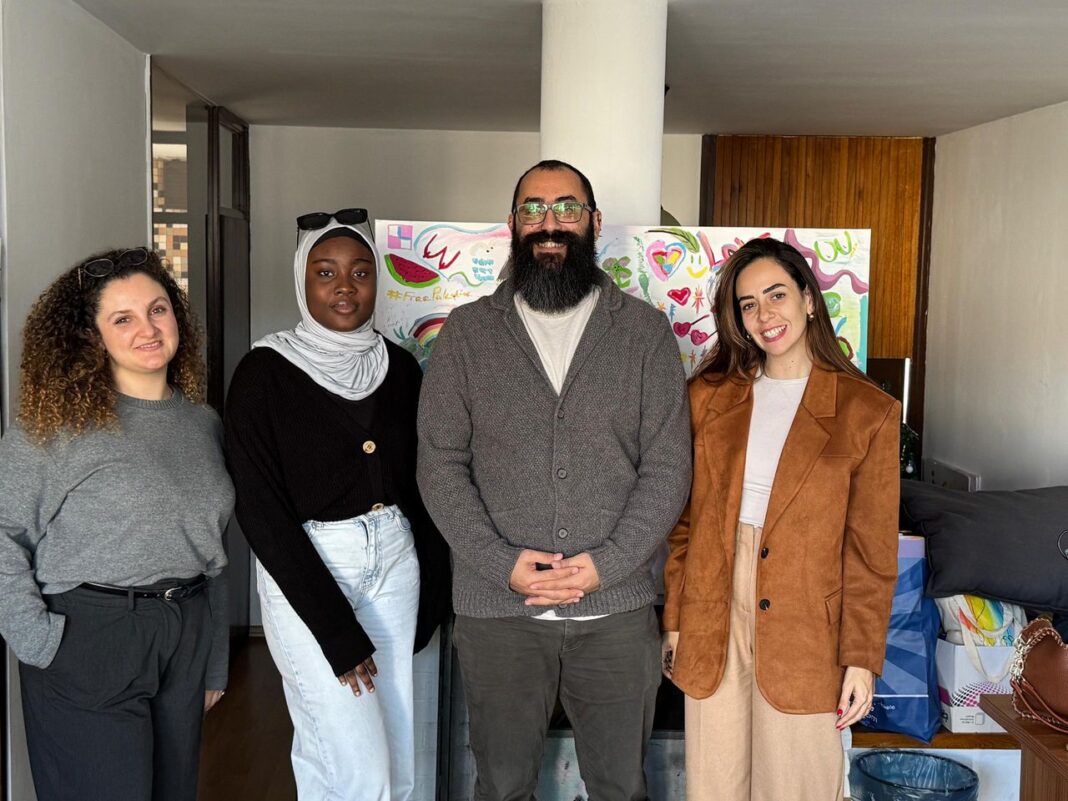By Khadija Salisu Gambo
In Northern Cyprus, the path towards LGBTQ+ equality is characterized by resilience and hope. Despite cultural and legal barriers, activists are working constantly to build a society in which everyone is accepted and appreciated. These initiatives, led by organizations such as the Queer Cyprus Association, have resulted in major changes to policy and public perception. However, as Resat Saban, project coordinator for the EU-founded Helix project, explained,”LGBTQ individuals still face discrimination in northern parts of Cyprus. While progress has been made, absolute equality will require legal reforms and public acceptance.
LGBTQ+ Advocacy in Northern Cyprus
In an interview, Resat Şaban, Project Coordinator for the EU-funded Helix Project, discussed the organization’s origins and achievements. “The Queer Association was established in 2007 when same sex relationships were still criminalized under laws inherited from the British Empire.” Saban explained, “Our initial goal was to change the criminal code, which we successfully achieved in 2014.”
Despite these achievements, LGBTQ+ individuals in Northern Cyprus still endure institutional discrimination. Şaban highlighted: “We lack legal gender recognition for trans individuals, civil partnership or marriage equality, and protections against employment discrimination based on sexual orientation or gender identity.”
Şaban examined the change of societal opinions during the last decade. “When we started, there was significant opposition from various sectors, including political parties and journalists,” he said. “People claimed LGBTQ+ identities were foreign to our culture, but over time, as Cypriot LGBTQ+ individuals came out and spoke up, attitudes began to change.”
Collaborations with trade unions and public organizations have been crucial in increasing understanding. “We’ve conducted acknowledgement training for professionals, and today, there is a noticeable shift towards more positive attitudes,” he stated.
Building Communities and Fighting for Rights
Cross-community collaboration has been a key component of LGBTQ+ advocating in Cyprus.
Şaban discussed partnerships with Greek Cypriot organizations such as Accept LGBTQ Cyprus. “Together, we’ve organized bi-communal pride events, including a united bi-pride event at the Buffer Zone despite differences in governance, the challenges we face, rooted in homophobia and heteronormativity, and are unexpectedly similar.”
The Helix Project has also prioritized the creation of conversation spaces. “We’ve initiated six socializing events to bring LGBTQ+ individuals from both communities together,”Şaban informed us. “These events aim to rebuild connections disrupted during the pandemic and address shared issues like legal protections.”

Sustaining Activism and Looking Forward
Activism depends on community support and innovative strategies. Şaban described the association’s efforts in the following way: “We rely on volunteers, donations, and EU funding. We also engage the public with media analysis, press releases, and educational video campaigns to challenge misconceptions and promote inclusion.”
Looking ahead, Şaban pointed out the need for continued advocacy. “We need legal reforms for civil partnerships, employment protections, and gender recognition. Through education and collaboration, we hope to build a society where LGBTQ+ individuals are not only visible but also valued,” he said.
The Queer Cyprus Association’s journey highlights the larger problems and accomplishments of LGBTQ+ advocacy in traditional environments. While progress is obvious, the journey to equality is far from complete.
Northern Cyprus is slowly but surely heading toward a future in which variety is celebrated and everyone can live freely and genuinely.


 /<
/<



